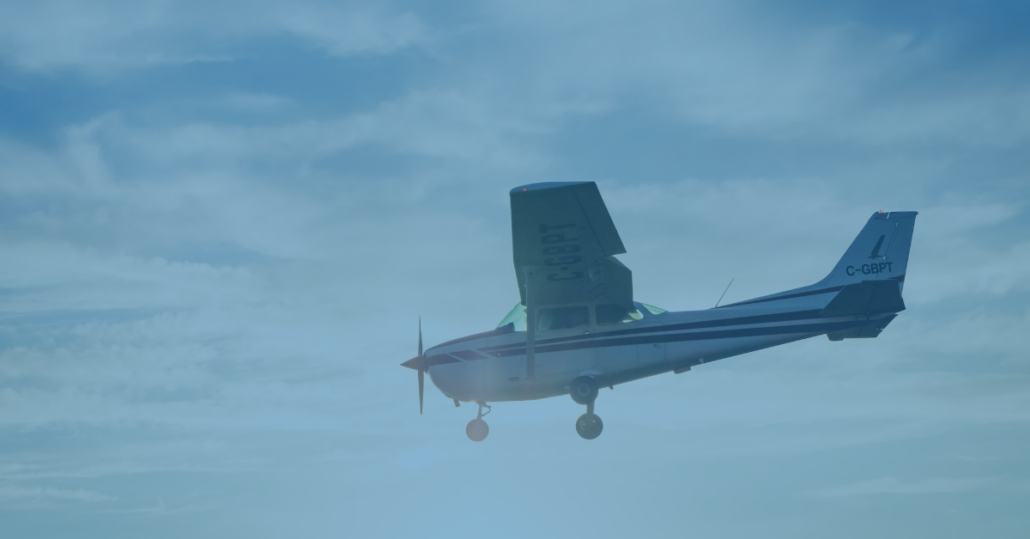If there’s anything a new pilot will tell you, it’s that flying isn’t just about looking good in aviator sunglasses and giving a charming nod to the flight attendants as they pass by. Pilots are known for their confidence and ability to navigate the skies, but these traits are often forged in the fire of some challenging lessons.
Let’s look at the top 3 hardest things new pilots struggle with, and how they can apply scientifically-backed methods (and a sprinkle of wit) to master the art of flight.
1. Mastering the Art of Landing
Is there anything more nerve-wracking than trying to gently place a multi-million-dollar, metal bird onto a runway? Yeah, didn’t think so. A smooth landing is the mark of a good pilot, but achieving this takes practice and perfect timing.
Science to the Rescue
Ever heard of “deliberate practice”? According to a study in the Journal of Expertise, it’s the ticket to improving your performance in a specific task, like landing an airplane. It involves focusing on the specific parts of the skill that are difficult and repeatedly practicing them.
So, yes, practice makes perfect, but deliberate practice makes a perfect landing.
2. Dealing with Bad Weather
When you’re up in the air and the weather suddenly decides to take a turn for the worse, panic is a luxury you cannot afford. Unlike driving, where you can pull over at the nearest rest stop and sip on a cup of hot cocoa, up in the sky, it’s you, the plane, and the storm.
Science to the Rescue
A research article in the Journal of Applied Psychology suggests that developing situational awareness, the ability to understand and predict what’s happening around you, can help in such situations. Immersive simulation training can help pilots prepare for adverse weather conditions.
The key is to experience it (safely) before you have to live it.
3. The Dreaded Radio Communication
Ah, the language of the skies. This aviation-specific lingo might sound like gibberish to the uninitiated. New pilots often find themselves stuttering over air traffic control conversations, which, let’s be real, can be a little embarrassing.
Science to the Rescue
A study from Applied Cognitive Psychology states that the distributed practice method, breaking the learning process into chunks and spreading them over time, can drastically improve memory and performance. So, take a deep breath, and practice radio lingo a little bit every day. No need to cram; you’re learning a language, not preparing for a pop quiz.
Finally, as we navigate these turbulent skies, remember the words of basketball legend Michael Jordan, “I’ve missed more than 9000 shots in my career. I’ve lost almost 300 games. 26 times, I’ve been trusted to take the game-winning shot and missed. I’ve failed over and over and over again in my life. And that is why I succeed.”
Piloting isn’t a path devoid of mistakes; it’s one where mistakes forge the trail to success.
Similarly, as Wayne Gretzky, the great hockey star, once said, “You miss 100% of the shots you don’t take.” So, take the shot, brave the storm, stutter over the radio, and fumble that landing. Because each time you do, you’re one step closer to becoming the pilot you were meant to be.
Keep your heads up and your spirits high, aspiring aviators. The skies await your mastery.

